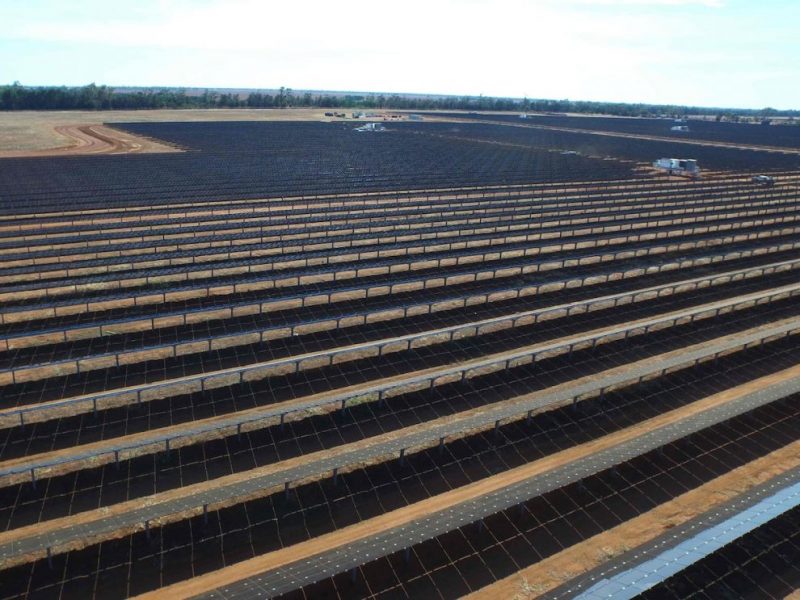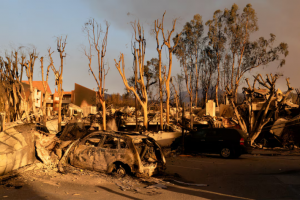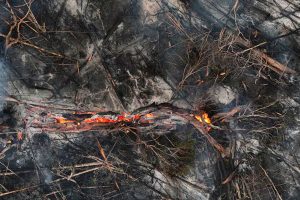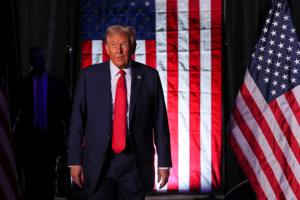Speculation has increased that AGL Energy Ltd – which operates Australia’s largest portfolio of power generation utilities – will review its plan to split into two companies, local media outlets say.
AGL’s board was due to meet on Sunday to determine its future, amid doubt that the break-up plan will get enough support from shareholders to proceed.
AGL’s plan has run into strong opposition from leading climate change activists, such as technology billionaire Mike Cannon-Brookes, who bought an 11.3% stake in the company earlier this month in a failed takeover attempt launched to try to stop AGL splitting in two.
Cannon-Brookes is the CEO of software group Atlassian and Australia’s third richest person with assets valued at $18.6 billion. He said on Friday the demerger plan was deeply flawed and that he would seek two seats on AGL Energy’s board if it fails to go ahead.
Splitting the group in two would make it harder for Australia to meet its decarbonisation goals laid out under the Paris climate agreement, the tech magnate says.
ALSO SEE: Cannon-Brookes, Brookfield Raise AGL Offer – The Age
June 15 Vote
One option for the company is to launch a strategic review that could boost the chances of AGL being sold off, The Australian newspaper said, citing unnamed sources.
Shareholders are set to vote on June 15 on AGL’s demerger plan. The split would form AGL Australia, which would be the country’s top energy retailer, and Accel Energy, the country’s top power producer.
Australian pension fund HESTA previously joined the tech billionaire in opposing the demerger, saying on May 25 it did not see the split supporting decarbonisation targets laid out by the Paris climate agreement.
Accel, if the demerger goes ahead, will inherit AGL’s coal-fired power plants and the mantle of Australia’s largest carbon emitter, according to government data.
The plan needs approval from 75% of shares voted, but typically not all shareholders vote their stakes, which means Cannon-Brookes doesn’t need much more support to succeed in thwarting the demerger.
“The events at AGL represent a watershed in active ownership in this country. Shareholders are pushing for greater action on climate change and a more rapid transition that aims to enhance the company’s ability to create long-term, sustainable value,” HESTA chief executive Debby Blakey said in a statement.
AGL repeated that its plan is the best path for the company.
“The demerger … will enable AGL Australia and Accel Energy to responsibly accelerate the decarbonisation of Australia’s energy system, faster than could have been achieved as one company,” AGL CEO Graeme Hunt said in an emailed statement.
Meanwhile, Morningstar on Tuesday recommended shareholders back the demerger, supporting management’s view that the two separate companies would be better able to adapt to the changing energy market, with separate balance sheets.
“There is a very clear and concrete reason to demerge – banks no longer want to lend to coal power stations,” Morningstar said. However, it added that Accel’s low cost coal supply would make it a “cash cow”.
• Jim Pollard with Reuters
























